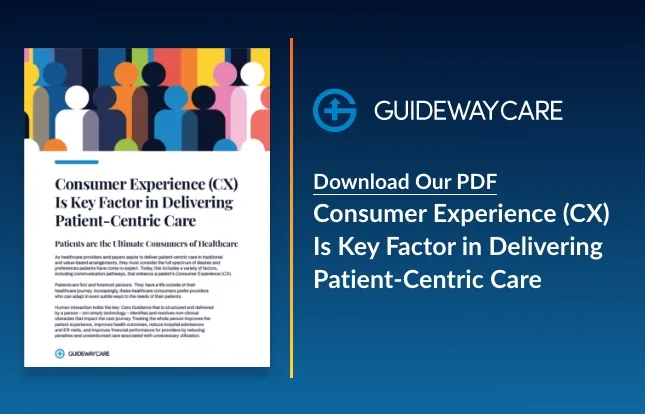Beyond the Hospital Walls: The Impact of Proactive Follow-Up Care on Patient Engagement

When patients in your facility undergo treatment, healthcare professionals should provide follow-up care to improve overall health. In addition, medical staff should engage with patients about the treatment, diagnosis, and discharge process, ensuring proper recovery. Once a patient leaves the hospital, healthcare professionals should provide a post-discharge patient engagement plan. Let’s look at the benefits that come from follow-up patient management.
Reducing Readmission Rates
The main importance of follow-up care patient engagement is lower readmission rates. When patients are discharged without proper guidance, the risk of returning to the hospital because of complications or misinterpretations of the after-care plan is high. Whether through phone calls, digital means, or home visits, follow-up engagement allows healthcare providers to assess the patient’s condition and intervene if something is amiss. This proactive approach improves patient outcomes and alleviates the strain on hospital resources.
Building Patient Trust and Satisfaction
Another crucial role of follow-up care in patient engagement is building trust between patients and healthcare providers. When patients receive quality care and support after leaving the hospital, their overall healthcare experience is enhanced. Trust is crucial, as it ensures patients follow treatment plans and have a more positive attitude toward future healthcare appointments. In addition, building strong relationships between patients and healthcare providers is likely to create an open channel for communication, leading to more effective care.
Leveraging Technology for Follow-Up Care
Technology advancements have enhanced nearly all aspects of life, and healthcare is no exception. Technology plays a crucial role in follow-up care, with mobile health apps, telehealth platforms, and remote monitoring devices making it easier for healthcare providers to stay connected with patients. These tools allow for real-time monitoring and communication, which makes follow-up care more accessible and efficient. Through these modern solutions, patients can receive reminders, report symptoms, and ask questions without visiting the hospital.
The above benefits come from follow-up care in patient engagement outside hospital settings. By focusing on this aspect of patient care, healthcare providers can ensure better recovery outcomes, reduce readmission rates, and build stronger relationships with patients. Contact us at Guideway Care and schedule a consultation with our experts to integrate a value-based care system that helps ease the patient appointment scheduling process. As technology continues to advance, we can help you transform the patient experience in your facility by making it an essential part of comprehensive healthcare.
Contact Us Today To Learn How We Can Help
"*" indicates required fields




